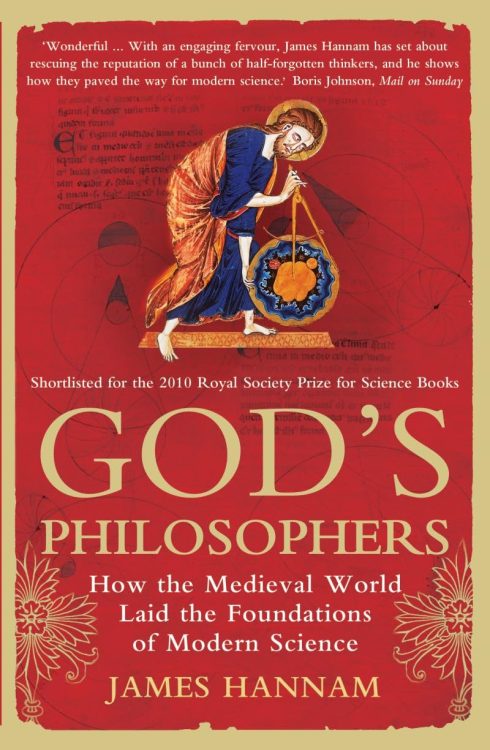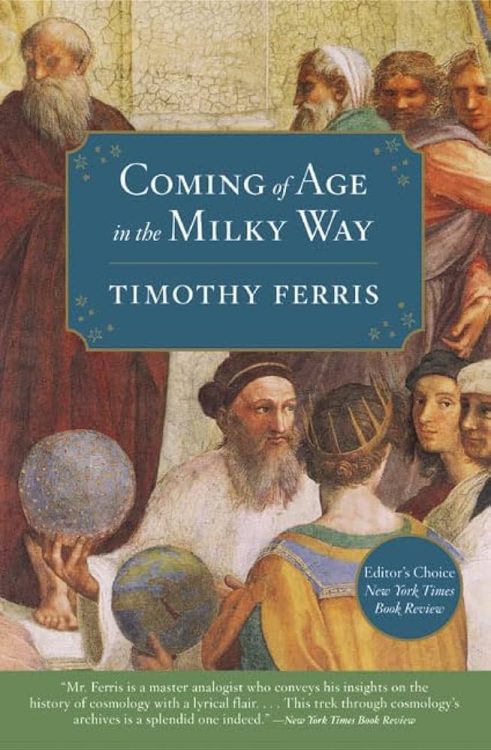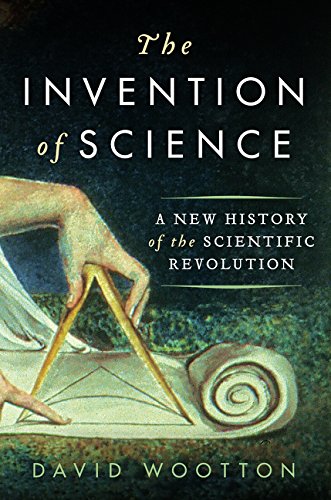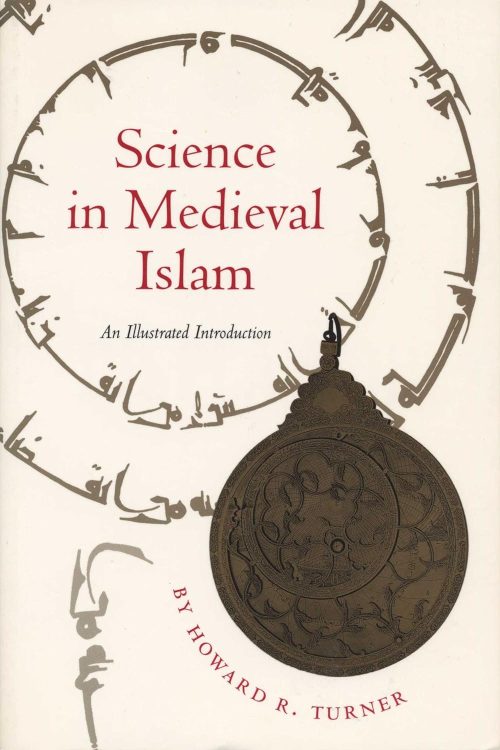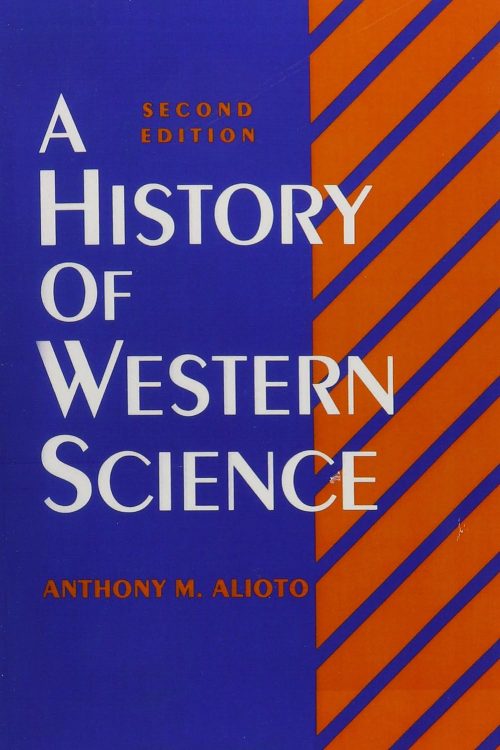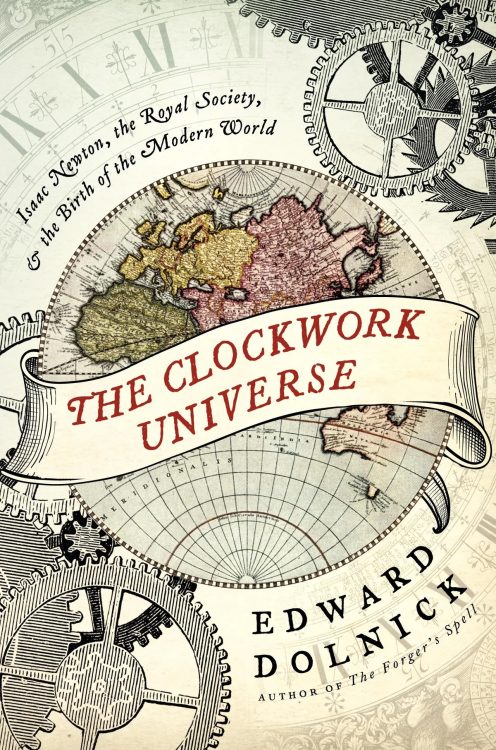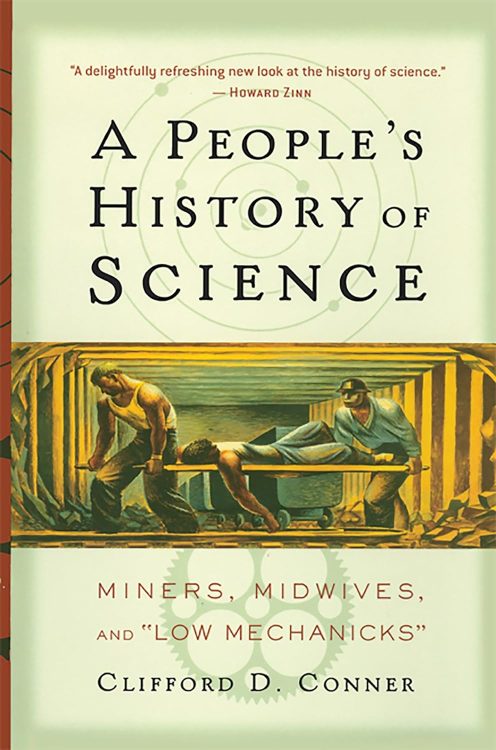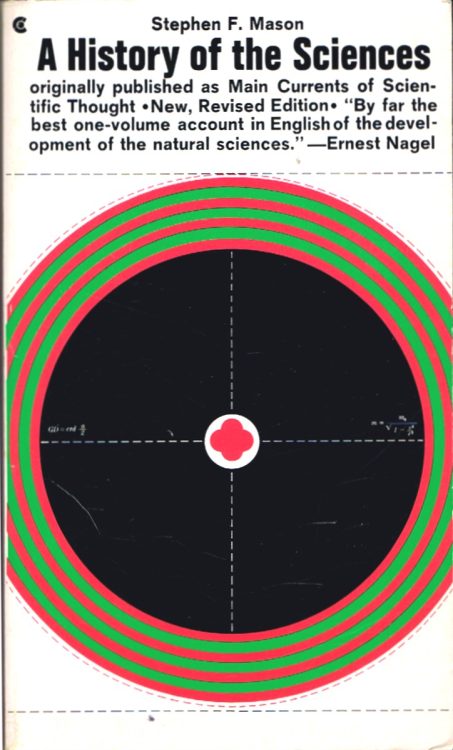“Horizons: The Global Origins of Modern Science” is a compelling reappraisal of the narrative traditionally held about the development of modern science. In this groundbreaking work, James Poskett invites readers to traverse continents and timelines to recognize the truly diverse influences that have shaped scientific thought and discovery. The book is not just an expansion of scope when it comes to the history of science—it’s a long overdue acknowledgment of contributions from scholars across the globe.
At the core of “Horizons” is the thesis that science has always been an international endeavor—a tapestry woven with threads from around the world. Poskett’s meticulous research debunks the Euro-centric viewpoint by showcasing how pivotal achievements in science were made possible by incorporating global knowledge. The enriching accounts ranging from Copernicus’s use of mathematical techniques from Arabic and Persian texts to Einstein’s inspiration demonstrate how interconnected our scientific heritage truly is.
Poskett goes beyond merely listing non-European scientists and their contributions; he crafts an intricate narrative that explores the dynamics of knowledge exchange between cultures. He illustrates that the most profound scientific breakthroughs were often the result of collaborative ventures, dialogues, and shared insights between different civilizations.
One of the book’s greatest strengths is how it brings lesser-known scientists and their groundbreaking work into the limelight. Through engaging storytelling, Poskett unfolds the significant, yet previously overlooked, impacts of scientists from Africa, Asia, America, and the Pacific on modern scientific discourse.
This book also serves as a historiographical intervention, urging both scholars and lay readers to challenge and refine the prevailing lenses through which we view the history of science. Poskett’s critical approach in discussing Europe’s Imperialist history and its effect on the appropriation and marginalization of non-European scientific knowledge is both enlightening and thought-provoking.
“Horizons” is a highly accessible book. It strikes a commendable balance, offering rigorous academic research in a format that is engaging and easily digestible for readers who might not have a deep background in the history of science.
James Poskett’s “Horizons: The Global Origins of Modern Science” is an important contribution to the historiography of science. Its powerful message about the interconnectedness of global cultures in the realm of science has the potential to reframe discussions in classrooms, lecture halls, and public perception at large. His book is a reminder that science, much like the human story, is rich with influences and contributions from people of all nations and walks of life.
In a world that increasingly recognizes the value of diverse perspectives and interdisciplinary approaches, “Horizons” should be essential reading for anyone interested in the history and philosophy of science. The book doesn’t just recount history; it invites a conversation about the recognition, respect, and celebration of worldwide intellectual legacies in building the foundation of modern science.



